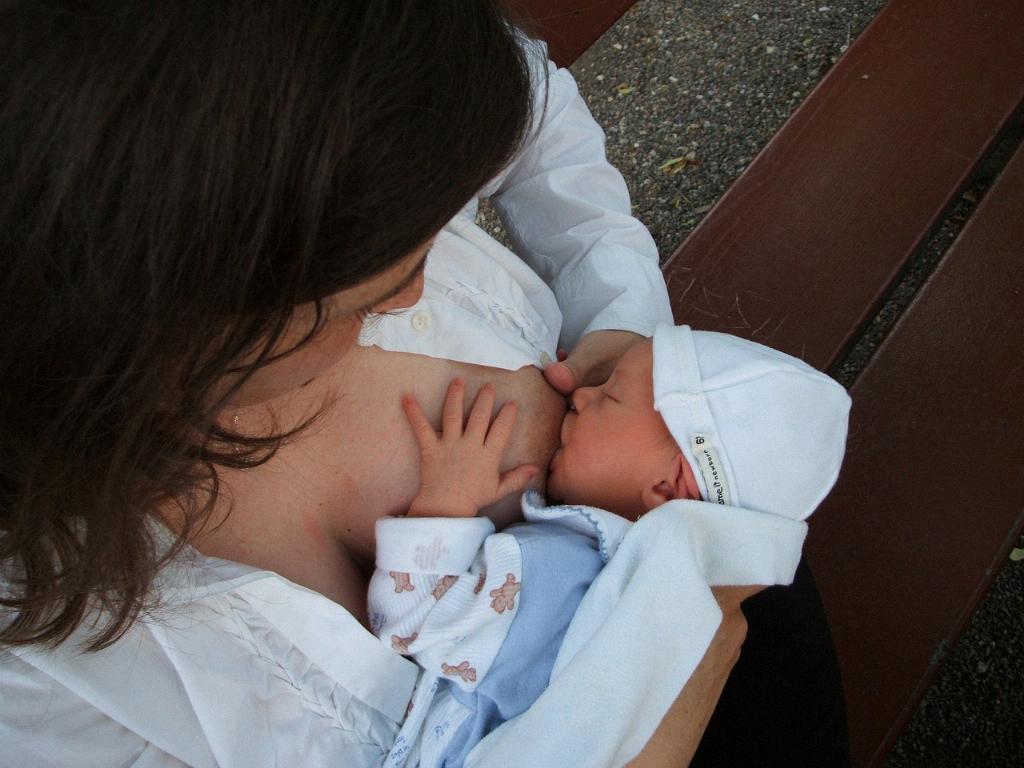When it comes to breastfeeding, various factors can influence the quality of breast milk and its impact on the baby. One of the common concerns among breastfeeding mothers is the consumption of caffeine and its potential effects on the nursing infant. Understanding how caffeine might affect breastfeeding babies is crucial for ensuring the well-being of both mother and child.
Importance of Understanding the Effects of Caffeine on Breastfeeding
Caffeine is a stimulant that can pass from the mother’s bloodstream into breast milk. This means that whatever amount of caffeine a mother consumes, a portion of it will inevitably make its way to the baby through breastfeeding. Given this transfer of substances, it is essential to grasp how caffeine may impact the nursing infant.
How Caffeine Can Pass into Breast Milk
Research suggests that caffeine can be passed into breast milk within hours of consumption, and it can remain in breast milk for an extended period. This implies that even a single cup of coffee or tea might expose the baby to caffeine through breastfeeding.
Research and Opinions on the Impact of Caffeine on Breastfeeding Babies
While there is no definitive answer on whether or not caffeine is universally “bad” for breastfeeding babies, many experts recommend limiting caffeine intake during the breastfeeding period. Babies can metabolize caffeine at a slower rate compared to adults, potentially leading to irritability, poor sleep patterns, or fussiness in some infants.
Recommended Caffeine Intake for Breastfeeding Mothers
If you are a breastfeeding mother, it is generally advised to consume no more than 200mg of caffeine per day. This amount is considered safe for most infants and poses minimal risks of adverse effects from caffeine exposure through breast milk.
Signs to Watch for in Babies Affected by Maternal Caffeine Consumption
Some signs that your baby might be sensitive to caffeine intake through breast milk include irritability, fussiness, difficulty sleeping, or increased alertness. Monitoring your baby’s behavior after consuming caffeinated beverages can help you identify any potential reactions.
Tips for Breastfeeding Mothers to Manage Caffeine Intake
To regulate your caffeine intake while breastfeeding, consider consuming decaffeinated beverages, limiting caffeinated drinks to a moderate amount, or timing your caffeine consumption with the baby’s feeding schedule to minimize exposure. Staying hydrated and maintaining a balanced diet can also help reduce the impact of caffeine on breast milk.
Conclusion
In conclusion, while caffeine consumption during breastfeeding is generally considered safe in moderation, it is essential for breastfeeding mothers to be mindful of their caffeine intake and its potential effects on their babies. Understanding the impact of caffeine on breastfeeding infants and following recommended guidelines can help ensure a healthy and positive breastfeeding experience for both mother and child.

